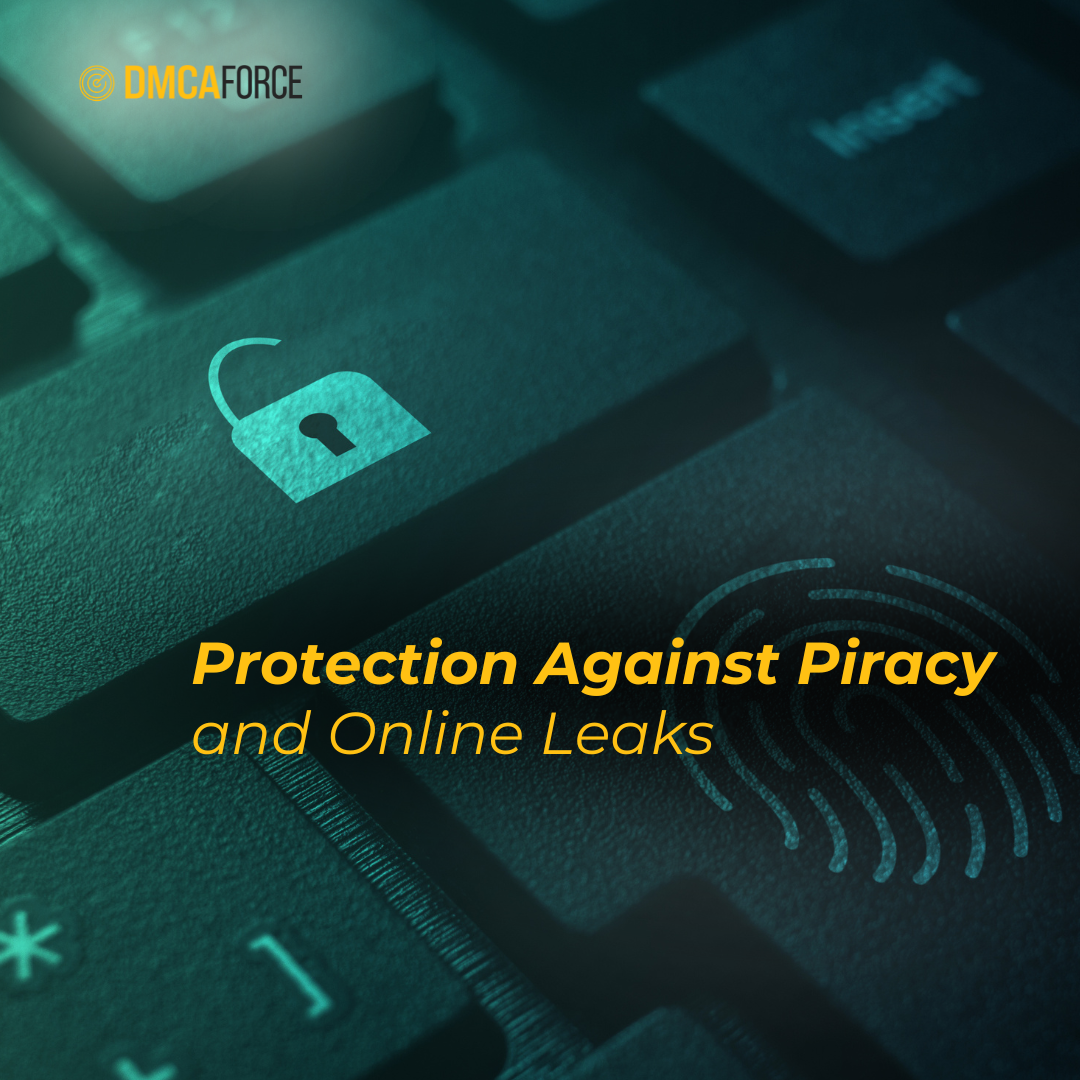News

John Mellencamp Weighs In On DMCA, Copyright Reform
In an article published by the Huffington Post yesterday afternoon, musician John Mellencamp chips in his two cents about online music piracy, the DMCA and what he sees as a manifest need for a rewrite of copyright law, and the safe harbor provisions of the DMCA, in particular.
Central to Mellencamp’s argument is a claim jordan pas cher that will be familiar to (and likely to ring true for) many rights-holders of entertainment works: piracy is destroying the market for the product from which he earns a living.
“Art exclusively as a hobby — that’s the “new model” it seems,” writes Mellencamp, echoing the frustration of many in the entertainment business, be it they record label executives, movie producers or some other manner of rights-holder.
In addition to bemoaning the current online state of affairs with respect to piracy, Mellencamp offers a suggestion on how to curb online piracy: transfer the burden of policing the web for copyright infringement from the rights-holders to the ISPs that currently profit from piracy without facing liability for so profiting, due to the DMCA’s safe harbor provisions.
“My answer, and it’s really quite logical, is that current search engines and any that emerge in the future…. need to be held responsible in the same fashion as any other business in this country,” Mellencamp writes. “The law needs to be changed. ASCAP, BMI and intellectual property creators need to work to get rid of the antiquated Safe Harbor Provisions. We need to write a new law that should declare, something to the effect, that if you own and operate a search engine, you cannot allow criminal activity to take place in your virtual town.”
Whatever one might think of Mellencamp’s prescription for reducing online piracy, I can certainly understand his exasperation. All you have to do is Google the phrase “john mellencamp mp3 free download” and you’re inundated with options to acquire his music free of charge. While I don’t really think Mellencamp’s analogy of search engines being like department stores is apt, the fact that the onus to locate and catalog infringing files resides entirely with rights-holders does feel imbalanced, particularly when some of the sites appearing highest in the search engine responses connected to artists’ names appear to have virtually nothing but copyrighted material on them.
The point of the DMCA safe harbor provisions, as I understand it, is to strike a balance between encouraging technological innovation and enforcement of intellectual property law. What I believe Mellencamp is responding to in this article is that this balance simply has not been achieved, and will not be achieved without some manner of recalibration at the statutory level.http://www.jordan5.fr
How to Protect Your OnlyFans Content from Online Leaks and Piracy
November 15, 2024

Protect Your Content on Telegram: Using DMCA Claims to Combat Piracy
November 13, 2024

Unlock Your Revenue Potential at the AW Summit 2024 in Bucharest!
September 10, 2024
Got questions about protecting your digital assets from copyright infringement?


